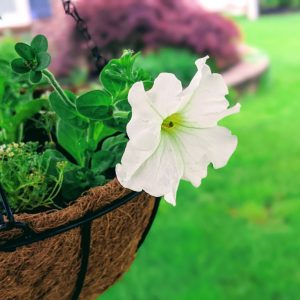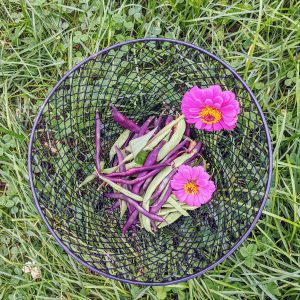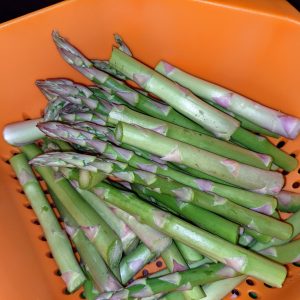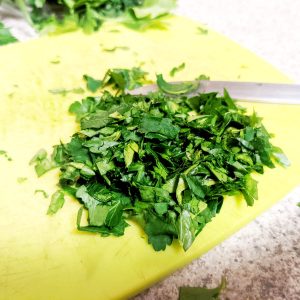Parsley Companion Plants – What to Grow with Parsley
Often, parsley is one of the most-used herbs in the kitchen. Having fresh parsley growing in the garden can be a major win! Parsley companion plants make it easier to find a good spot for your favorite herbs in the garden.
If you’re looking for what to plant near parsley, you will be happy to learn quite a few plants grow nicely together in the presence of this herb.
Consider the best parsley companion plants before you decide where to plant parsley in the garden.
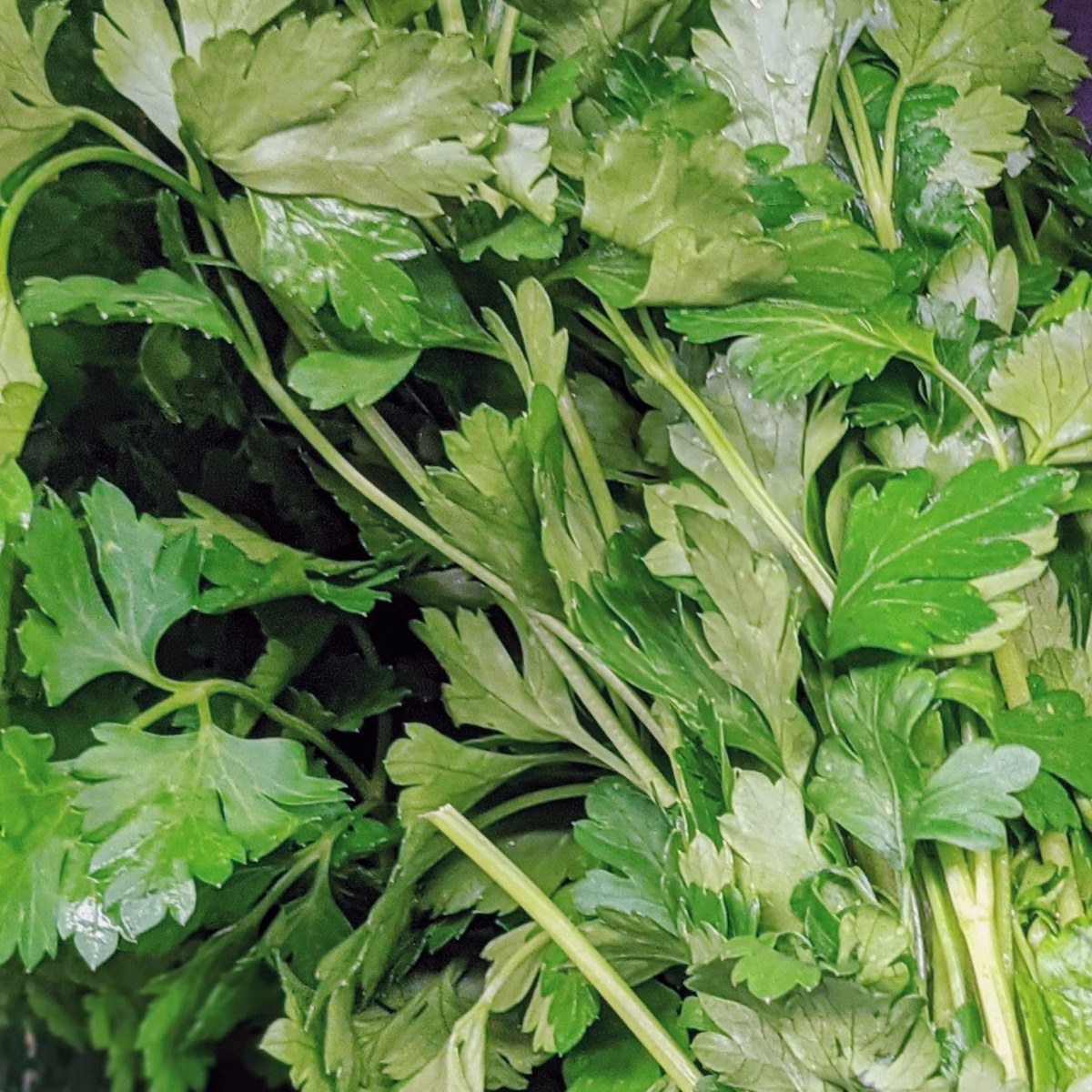
What are the benefits of parsley as companion plants?
In the garden, parsley in bloom lures beneficial insects like hoverflies and predatory wasps. Parsley also attracts black swallowtail butterflies, which are lovely to see in the garden as pollinators. The leaves of parsley can help to deter asparagus beetles from asparagus. Roses may even smell sweeter near parsley!
Best Companion Plants for Parsley
Whether you are growing flat leaf parsley, Italian parsley, or curled parsley, take some time to find the best home for your herbs!
Consider all the plants you plan to grow in your garden and choose the best companions for parsley.
Parsley Companion Flowers
Planting parsley near flowers can be a fine strategy in your garden plan – especially with rose bushes!
Gardening rumor has it that roses smell much sweeter when planted in the company of parsley. Parsley may also attract beneficial predatory insects that can handle aphids and other pests of roses.
Marigolds tend to be one of the friendliest flower companion plants and would do just fine planted near parsley. Cosmos, nasturtium, and zinnias also grow nicely alongside parsley.
Parsley Companion Herbs
Many herbs make excellent parsley companions, particularly if they aren’t in the same botanical family as parsley.
Basil and Parsley – Plant basil and parsley nearby to repel asparagus beetles. Plant both nearby tomatoes and the aroma in the garden is out of this world!
Chives and Parsley – As a perennial herb, chives work nicely planted alongside parsley where they will attract pollinators and help to deter pest insects. Chives tend to be a great companion plant for many different crops.
You can try planting parsley with other herbs and monitor your results. Your mileage may vary. If you do know of other good herb companion combinations for parsley, please share them in our comments below.
Fruit & Vegetable Companion Plants for Parsley
Plant parsley near these fruits and veggies for a good chance at an optimal garden ecosystem.
Asparagus – Plant parsley and asparagus together to chase away asparagus beetles. Both asparagus and parsley can also help each other to grow more vigorously.
Beans – Flowering parsley can help to attract the tachinid fly, which is a predator to cutworms and other pests.
Corn – When planted near parsley, corn may suffer less damage from corn earworms, cutworms, and other corn pests.
Peas – Growing peas near parsley is favorable according to anecdotal advice. I can’t find substantial sources verifying the peas and parsley companion pairing.
Peppers – Likewise with the attraction of predatory insects, peppers also benefit from parsley growing nearby.
Tomatoes – Parsley helps to bring in beneficial insects that can serve as pollinators or protectors against pest insects.
* I cannot find adequate research or literature on cucumber parsley companion planting. It is a combination I would like to try. That being said, I did grow carrots and cucumbers together last year and the cukes did extremely well until the beetles got them. Trial and error, I suppose?
What Not to Plant Next to Parsley
If you’re wondering what not to plant with parsley, rest easy because the list is short.
- Lettuce – Parsley planted near lettuce may force bolting of the lettuce, sending it to seed before it naturally would have.
- Mint – Mint tends to take over a garden, choking out other plants. For that reason, plan to plant mint in its own contained space.
- Alliums – Avoid planting onions, garlic, shallots, and other alliums too close to parsley, as they can affect the vigor of parsley’s growth.
Mixed Reviews on Companion Planting Parsley
Both parsley and carrots come from the same Apiceae family of umbellifers. Some advice suggests avoiding planting them both together, as they will likely attract the same pests and may cross-pollinate.
Other gardening advice suggests that carrots are quite good companions for parsley, enjoying similar growing conditions. It seems much of the literature is anecdotal.
I found advice on Almanac.com supporting the notion of not planting plants in the Apiceae family nearby in an effort to limit cross-pollination. This is most important if you plan to save your own seeds.
Of course, if your plants aren’t blooming at the same time, this may be a non-issue!
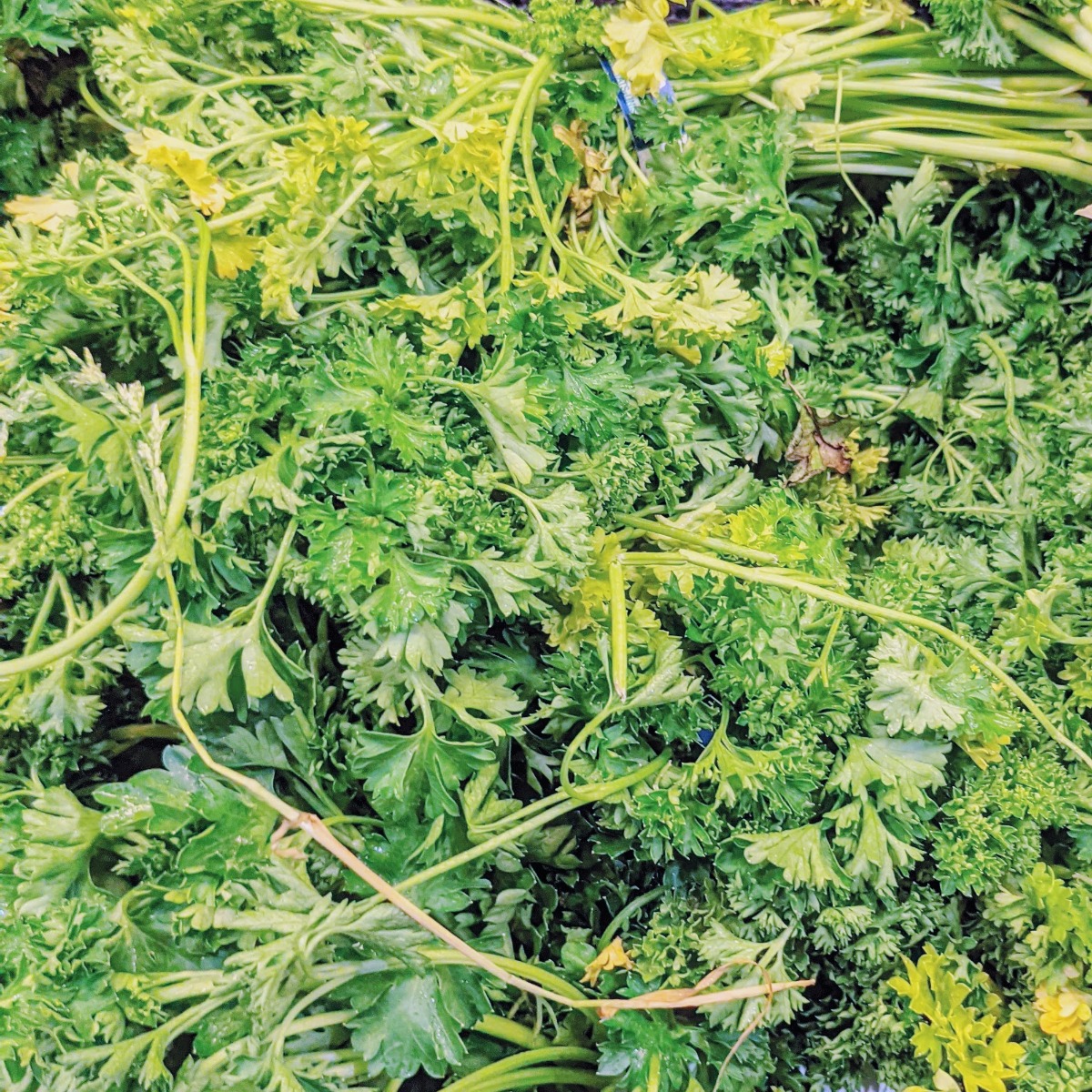
Parsley Companion Planting Tips
Consider these parsley companion planting tips to maximize your experience growing this delightful herb.
- Cut parsley so it keeps growing. Snip at the stems rather than pulling.
- Let parsley plants stay in the ground after the first year so they’ll to go seed.
- Give the herbs some room to grow. Don’t keep them in the pots from the nursery.
What Did We Plant Near Parsley?
In our garden, we are always looking for little spots where we can sneak in a plant or two. This method doesn’t work for everyone, but we have a relatively small garden right now, so it is what it is.
While looking for parsley companions, we opted for the one that brought the most amazing smells to our garden!
We companion planted parsley with tomatoes, basil, watermelon, and sunflowers all together in a 4ft by 4ft raised garden bed. It ended up being the most fragrant patch of soil in our yard!
By the way, if you liked this post, you might also enjoy these related posts:
What companion plants do you like for parsley in your garden? Do you have any tips to share or questions to ask?
We love hearing from you in the comments and always respond. Hit us up!
Happy Gardening!

